Topical Treatments
Acne is a common skin condition that can cause blemishes, blackheads, and pimples. Thankfully, there are several topical treatment options available to help manage acne.
Retinoids
Topical treatments are applied directly to the skin and work by targeting specific aspects of acne development. Retinoids, derived from Vitamin A, are a powerful class of topical medications widely used for acne treatment. They work by increasing skin cell turnover, unclogging pores, and reducing inflammation.
Benzoyl Peroxide
Benzoyl peroxide is another popular topical ingredient that helps combat acne.
- It works by killing bacteria that contribute to acne formation
- It also has anti-inflammatory properties, helping to reduce redness and swelling associated with pimples.
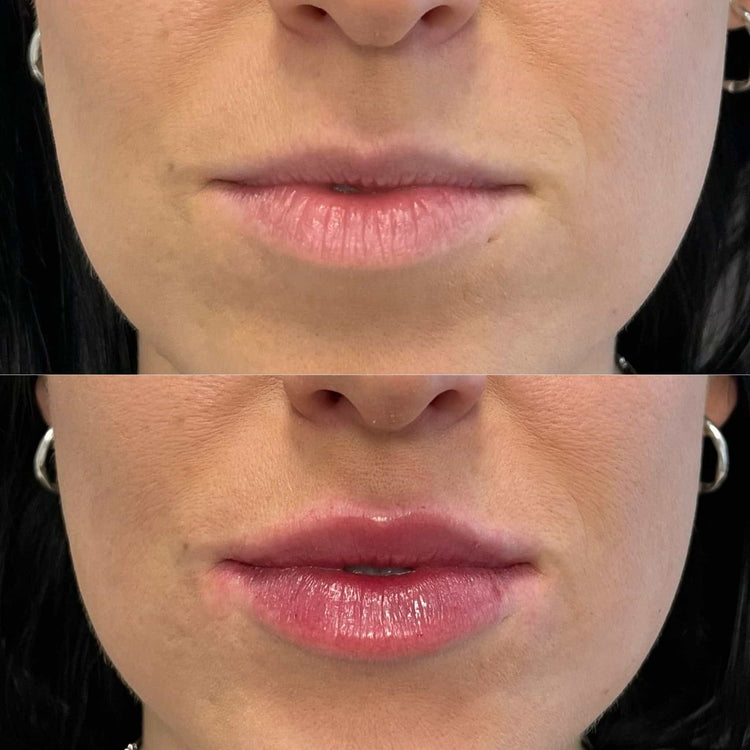
Salicylic Acid
Salicylic acid is a beta hydroxy acid (BHA) known for its effectiveness in treating acne. It works by exfoliating the skin, removing dead skin cells and excess oil that can clog pores. This helps to prevent new breakouts and reduce inflammation.
Other Options
Other options for acne treatment include oral medications, light therapy, and chemical peels.
- Oral antibiotics may be prescribed to help control severe acne by reducing bacterial growth.
- Light therapy uses specific wavelengths of light to kill acne-causing bacteria and reduce inflammation.
- Chemical peels involve applying a solution to the skin that exfoliates the top layers, unclogging pores and promoting new skin cell growth.
Oral Medications
For individuals seeking more systemic solutions, oral medications offer another avenue for acne treatment. These medications work from within the body to target the underlying causes of acne.
Antibiotics
Oral antibiotics are sometimes prescribed to help manage acne by reducing the number of bacteria on the skin that contribute to breakouts.
Hormonal Therapy (for women)
Hormonal therapy can be an effective treatment option for women experiencing acne related to hormonal fluctuations. Hormonal therapies work by balancing hormone levels, which can reduce sebum production and inflammation associated with acne.
Oral contraceptives containing estrogen and progestin are commonly prescribed to manage hormonal acne in women. These medications help regulate the menstrual cycle and minimize androgen-driven acne breakouts.
Isotretinoin (Accutane)
Isotretinoin (Accutane) is a powerful oral medication used to treat severe, persistent acne that hasn’t responded to other treatments.
It works by reducing the production of sebum (oil), which contributes to clogged pores and acne formation. Isotretinoin also has anti-inflammatory effects, helping to reduce redness and swelling associated with acne.
Due to its potential side effects, isotretinoin is only prescribed under strict medical supervision.
Procedures and Injectables
Procedures and injectables offer a more targeted approach to acne treatment for those seeking visible results.
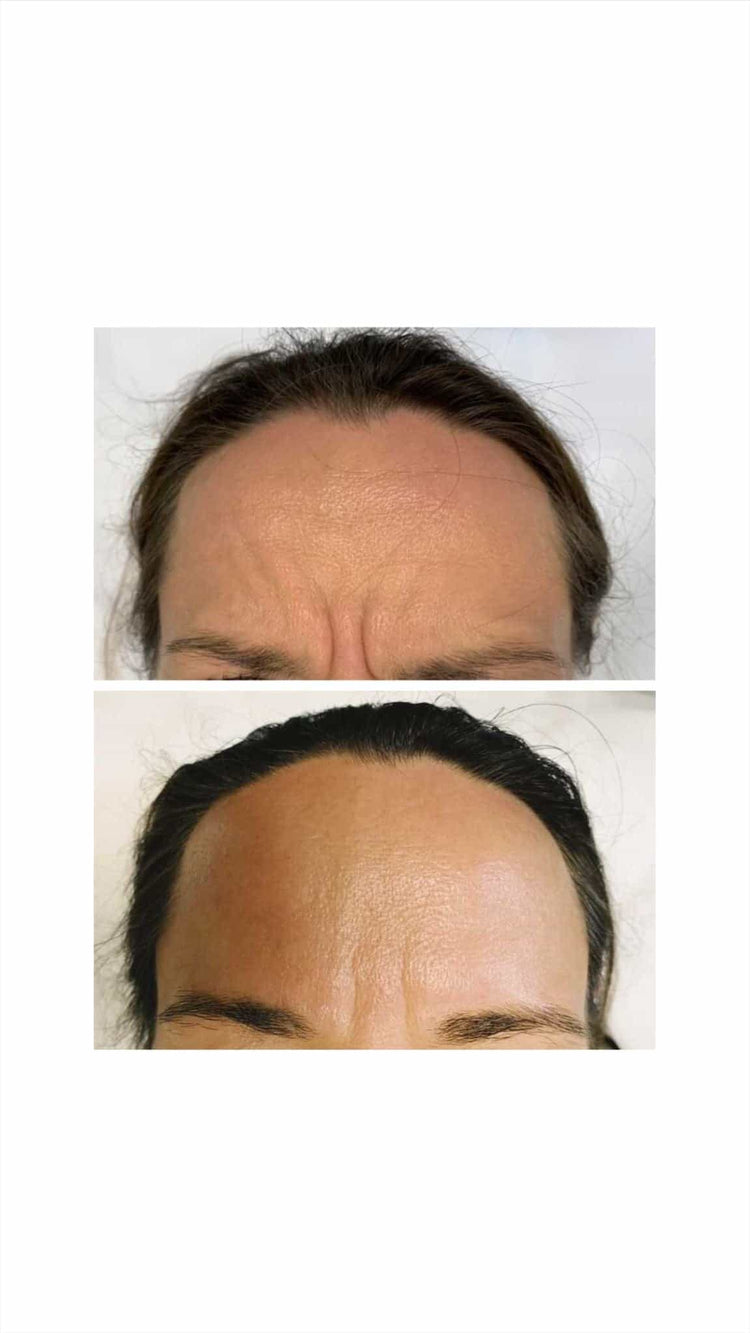
Chemical Peels
Chemical peels are a popular procedure for treating acne by removing the top layers of skin that may be clogged with oil, dirt, or dead skin cells. This exfoliation helps to unclog pores and reduce inflammation. There are different types of chemical peels, each using varying strengths of acids to achieve desired results.
Procedures like microdermabrasion can also be beneficial for acne treatment. It involves the use of a device that gently exfoliates the skin, removing dead skin cells and promoting cell renewal. Microdermabrasion can help improve the overall texture and tone of the skin, making it less prone to breakouts.
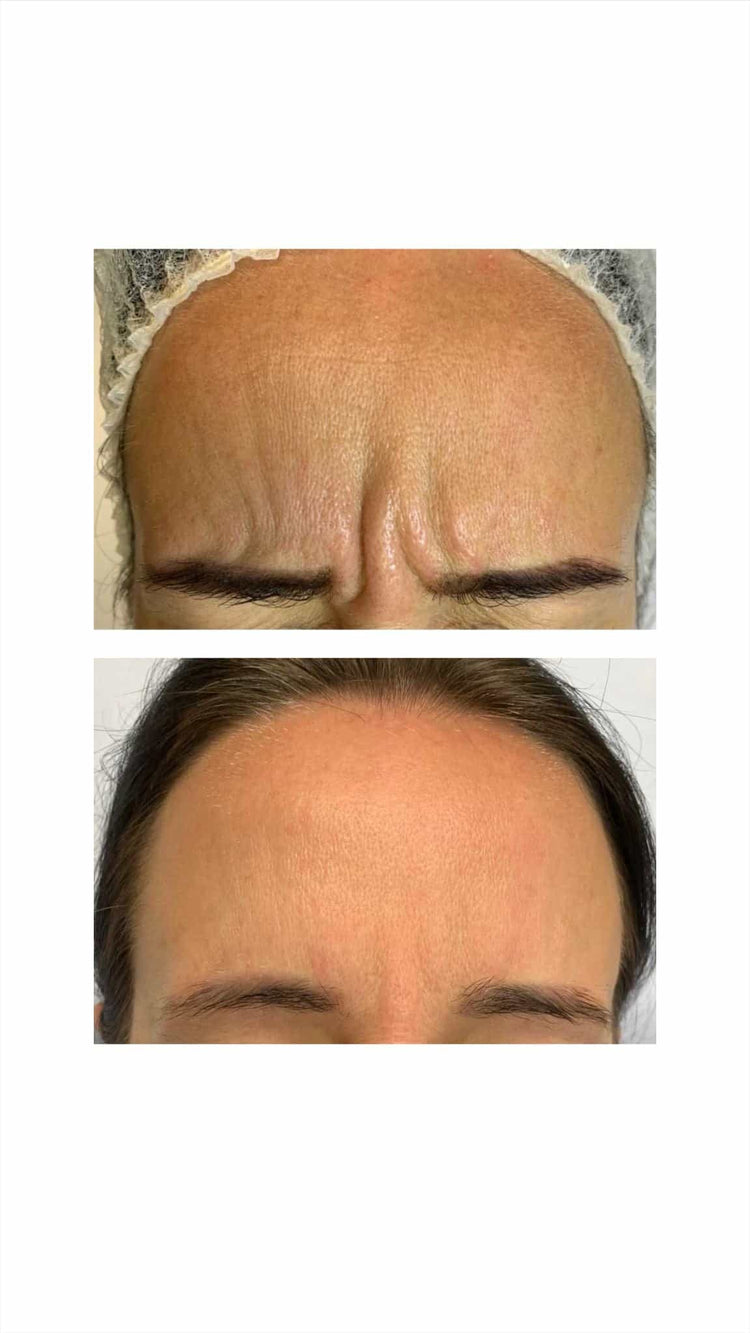
Injectables like Botox and dermal fillers may be used to address acne scarring. Botox can be used to relax muscles that cause facial expressions, which can sometimes contribute to the development of acne scars. Dermal fillers can add volume to depressed acne scars, making them less noticeable.
Microneedling
Procedures and injectables offer a more targeted approach to acne treatment for those seeking visible results. Chemical peels are a popular procedure for treating acne by removing the top layers of skin that may be clogged with oil, dirt, or dead skin cells. This exfoliation helps to unclog pores and reduce inflammation. There are different types of chemical peels, each using varying strengths of acids to achieve desired results.
Procedures like microdermabrasion can also be beneficial for acne treatment. It involves the use of a device that gently exfoliates the skin, removing dead skin cells and promoting cell renewal. Microdermabrasion can help improve the overall texture and tone of the skin, making it less prone to breakouts.
Injectables like Botox and dermal fillers may be used to address acne scarring. Botox can be used to relax muscles that cause facial expressions, which can sometimes contribute to the development of acne scars. Dermal fillers can add volume to depressed acne scars, making them less noticeable.
Dermal Fillers for Acne Scars
For individuals seeking more targeted approaches to acne treatment, procedures and injectables offer promising solutions for those wanting visible results.
- Chemical peels are a popular procedure for treating acne by removing the top layers of skin that may be clogged with oil, dirt, or dead skin cells.
- This exfoliation helps to unclog pores and reduce inflammation. There are different types of chemical peels, each using varying strengths of acids to achieve desired results.
- Procedures like microdermabrasion can also be beneficial for acne treatment. It involves the use of a device that gently exfoliates the skin, removing dead skin cells and promoting cell renewal. Microdermabrasion can help improve the overall texture and tone of the skin, making it less prone to breakouts.
Injectables like Botox and dermal fillers may be used to address acne scarring. Botox can be used to relax muscles that cause facial expressions, which can sometimes contribute to the development of acne scars. Dermal fillers can add volume to depressed acne scars, making them less noticeable.
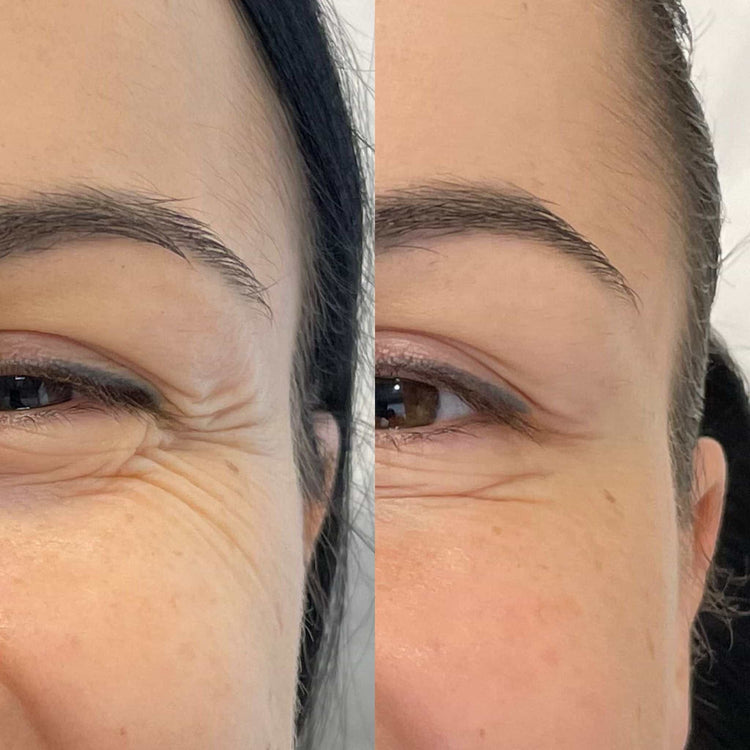
Corticosteroid Injections for Nodules/Cysts
Procedures and injectables offer targeted approaches to acne treatment, particularly for addressing scarring.
Chemical peels involve applying a solution to the skin that exfoliates the top layers, unclogging pores and promoting new cell growth. This can improve overall skin texture and reduce inflammation associated with acne.
Microdermabrasion is another procedure that uses a device to gently exfoliate the skin, removing dead cells and stimulating cell renewal.
Botox injections can be used to relax facial muscles that contribute to acne scar formation, while dermal fillers add volume to depressed scars, making them less prominent.
Lifestyle Changes
Acne, a common skin condition characterized by blemishes, blackheads, and pimples, can significantly impact an individual’s self-esteem and quality of life. Fortunately, a variety of treatment options are available to effectively manage acne and achieve clearer skin.
Skincare Routine
Lifestyle changes can play a significant role in managing acne. Maintaining a healthy diet that is low in processed foods and sugary drinks can help reduce inflammation and improve overall skin health. Getting adequate sleep allows the body to repair and rejuvenate, which is essential for clear skin.
Managing stress through techniques like exercise, yoga, or meditation can also be beneficial as stress hormones can contribute to acne breakouts. Regularly cleansing the face with a gentle cleanser twice daily and avoiding harsh scrubbing helps remove dirt, oil, and bacteria that can clog pores.
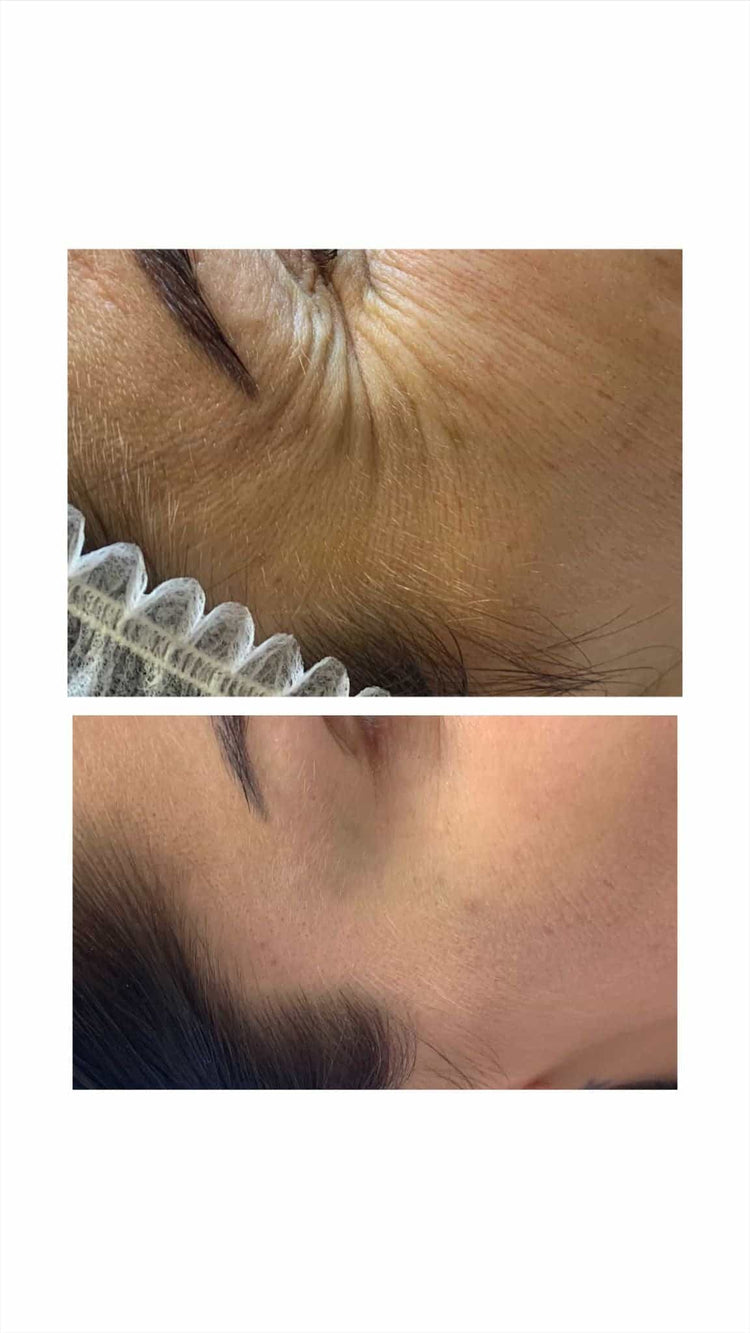
Choosing non-comedogenic (non-pore-clogging) skincare products and makeup is crucial.
A good skincare routine includes cleansing, exfoliating, toning, and moisturizing.
Cleansing removes dirt, oil, and makeup, while exfoliating helps to remove dead skin cells that can contribute to breakouts. Toners help to balance the skin’s pH and prepare it for moisturizer. Moisturizer keeps the skin hydrated and prevents dryness.
Finding products formulated specifically for acne-prone skin can be helpful.
Diet
Acne is a common skin condition that can cause blemishes, blackheads, and pimples. Thankfully, there are several topical treatment options available to help manage acne.
Topical treatments are applied directly to the skin and work by targeting specific aspects of acne development. Retinoids, derived from Vitamin A, are a powerful class of topical medications widely used for acne treatment. They work by increasing skin cell turnover, unclogging pores, and reducing inflammation.
Benzoyl peroxide is another popular topical ingredient that helps combat acne.
- It works by killing bacteria that contribute to acne formation
- It also has anti-inflammatory properties, helping to reduce redness and swelling associated with pimples.
Salicylic acid is a beta hydroxy acid (BHA) known for its effectiveness in treating acne. It works by exfoliating the skin, removing dead skin cells and excess oil that can clog pores. This helps to prevent new breakouts and reduce inflammation.
Other options for acne treatment include oral medications, light therapy, and chemical peels.
- Oral antibiotics may be prescribed to help control severe acne by reducing bacterial growth.
- Light therapy uses specific wavelengths of light to kill acne-causing bacteria and reduce inflammation.
- Chemical peels involve applying a solution to the skin that exfoliates the top layers, unclogging pores and promoting new skin cell growth.
For individuals seeking more systemic solutions, oral medications offer another avenue for acne treatment. These medications work from within the body to target the underlying causes of acne.
Oral antibiotics are sometimes prescribed to help manage acne by reducing the number of bacteria on the skin that contribute to breakouts.
Hormonal therapy can be an effective treatment option for women experiencing acne related to hormonal fluctuations. Hormonal therapies work by balancing hormone levels, which can reduce sebum production and inflammation associated with acne.
Oral contraceptives containing estrogen and progestin are commonly prescribed to manage hormonal acne in women. These medications help regulate the menstrual cycle and minimize androgen-driven acne breakouts.
Isotretinoin (Accutane) is a powerful oral medication used to treat severe, persistent acne that hasn’t responded to other treatments.
It works by reducing the production of sebum (oil), which contributes to clogged pores and acne formation. Isotretinoin also has anti-inflammatory effects, helping to reduce redness and swelling associated with acne.
Due to its potential side effects, isotretinoin is only prescribed under strict medical supervision.
Procedures and injectables offer a more targeted approach to acne treatment for those seeking visible results.
Chemical peels are a popular procedure for treating acne by removing the top layers of skin that may be clogged with oil, dirt, or dead skin cells. This exfoliation helps to unclog pores and reduce inflammation. There are different types of chemical peels, each using varying strengths of acids to achieve desired results.
Procedures like microdermabrasion can also be beneficial for acne treatment. It involves the use of a device that gently exfoliates the skin, removing dead skin cells and promoting cell renewal. Microdermabrasion can help improve the overall texture and tone of the skin, making it less prone to breakouts.
Injectables like Botox and dermal fillers may be used to address acne scarring. Botox can be used to relax muscles that cause facial expressions, which can sometimes contribute to the development of acne scars. Dermal fillers can add volume to depressed acne scars, making them less noticeable.
Procedures and injectables offer a more targeted approach to acne treatment for those seeking visible results. Chemical peels are a popular procedure for treating acne by removing the top layers of skin that may be clogged with oil, dirt, or dead skin cells.
This exfoliation helps to unclog pores and reduce inflammation. There are different types of chemical peels, each using varying strengths of acids to achieve desired results.
Procedures like microdermabrasion can also be beneficial for acne treatment. It involves the use of a device that gently exfoliates the skin, removing dead cells and stimulating cell renewal. Microdermabrasion can help improve the overall texture and tone of the skin, making it less prone to breakouts.
Injectables like Botox and dermal fillers may be used to address acne scarring. Botox can be used to relax facial muscles that contribute to acne scar formation, while dermal fillers add volume to depressed scars, making them less prominent.
Procedures and injectables offer targeted approaches to acne treatment, particularly for addressing scarring.
Chemical peels involve applying a solution to the skin that exfoliates the top layers, unclogging pores and promoting new cell growth. This can improve overall skin texture and reduce inflammation associated with acne.
Microdermabrasion is another procedure that uses a device to gently exfoliate the skin, removing dead cells and stimulating cell renewal.
Botox injections can be used to relax facial muscles that contribute to acne scar formation, while dermal fillers add volume to depressed scars, making them less prominent.
Acne, a common skin condition characterized by blemishes, blackheads, and pimples, can significantly impact an individual’s self-esteem and quality of life. Fortunately, a variety of treatment options are available to effectively manage acne and achieve clearer skin.
Lifestyle changes can play a significant role in managing acne. Maintaining a healthy diet that is low in processed foods and sugary drinks can help reduce inflammation and improve overall skin health. Getting adequate sleep allows the body to repair and rejuvenate, which is essential for clear skin.
Managing stress through techniques like exercise, yoga, or meditation can also be beneficial as stress hormones can contribute to acne breakouts. Regularly cleansing the face with a gentle cleanser twice daily and avoiding harsh scrubbing helps remove dirt, oil, and bacteria that can clog pores.
Choosing non-comedogenic (non-pore-clogging) skincare products and makeup is crucial.
A good skincare routine includes cleansing, exfoliating, toning, and moisturizing.
Cleansing removes dirt, oil, and makeup, while exfoliating helps to remove dead skin cells that can contribute to breakouts. Toners help to balance the skin’s pH and prepare it for moisturizer. Moisturizer keeps the skin hydrated and prevents dryness.
Finding products formulated specifically for acne-prone skin can be helpful.
Stress Management
Acne is a common skin condition that can cause blemishes, blackheads, and pimples. Thankfully, there are several topical treatment options available to help manage acne.
Topical treatments are applied directly to the skin and work by targeting specific aspects of acne development. Retinoids, derived from Vitamin A, are a powerful class of topical medications widely used for acne treatment. They work by increasing skin cell turnover, unclogging pores, and reducing inflammation.
Benzoyl peroxide is another popular topical ingredient that helps combat acne.
- It works by killing bacteria that contribute to acne formation
- It also has anti-inflammatory properties, helping to reduce redness and swelling associated with pimples.
Salicylic acid is a beta hydroxy acid (BHA) known for its effectiveness in treating acne. It works by exfoliating the skin, removing dead skin cells and excess oil that can clog pores. This helps to prevent new breakouts and reduce inflammation. Other options for acne treatment include oral medications, light therapy, and chemical peels.
- Oral antibiotics may be prescribed to help control severe acne by reducing bacterial growth.
- Light therapy uses specific wavelengths of light to kill acne-causing bacteria and reduce inflammation.
- Chemical peels involve applying a solution to the skin that exfoliates the top layers, unclogging pores and promoting new skin cell growth.
Achieve youthful, fuller lips with Dr. Laura Geige at It’s Me & You Clinic
- Why Are Kratom Gummies So Popular In Wellness Circles? - November 5, 2025
- What Is Tear Trough Filler Good For - November 4, 2025
- Weed Infused Juices For The Win - November 1, 2025
